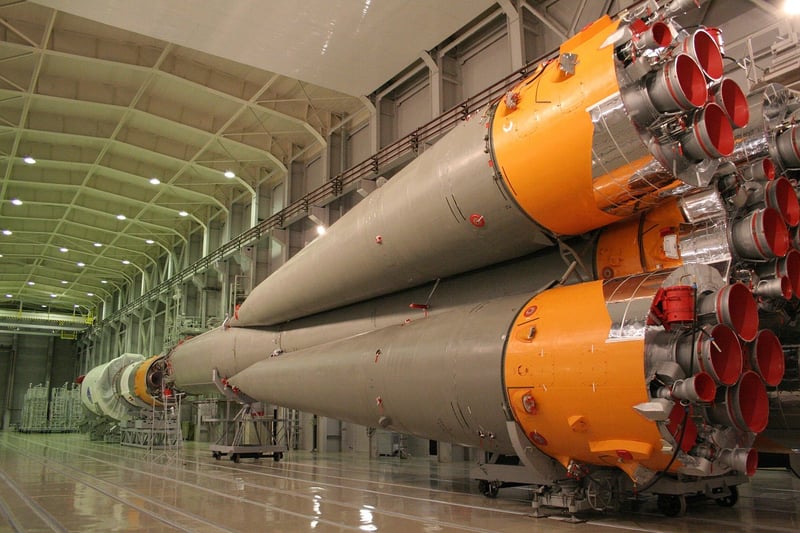Satellite Launch Systems
Exploring Outer Space: A Look into Satellite Launch Systems
Outer space has always been a realm of fascination for humanity, offering a vast expanse of uncharted territory waiting to be explored. One of the key technologies enabling us to delve into this final frontier is satellite launch systems. Let's take a closer look at how these systems work and their significance in space exploration.
What are Satellite Launch Systems?
Satellite launch systems are the means by which satellites are transported from Earth to their designated orbits in space. These systems involve various components such as rockets, launch pads, and ground control facilities to ensure a successful launch.
Types of Satellite Launch Systems
There are several types of satellite launch systems, including:
- Expendable Launch Vehicles (ELVs): These rockets are used for a single mission and are not reusable.
- Reusable Launch Vehicles (RLVs): These rockets can be launched, landed, and relaunched multiple times, reducing the cost of space missions.
- Horizontal Launch Systems: These systems launch rockets horizontally from aircraft, offering flexibility in deployment.
How Satellite Launch Systems Work
The process of launching a satellite involves several key steps:
- Pre-Launch Preparation: The satellite is integrated with the launch vehicle and transported to the launch pad.
- Ignition and Liftoff: The rocket engines are ignited, and the launch vehicle takes off from the pad.
- Ascent and Orbit Insertion: The rocket ascends through the atmosphere and places the satellite into its designated orbit.
- Deployment: The satellite is released into space, ready to fulfill its intended purpose.
Significance of Satellite Launch Systems
Satellite launch systems play a crucial role in various fields, including:
- Communication: Satellite communication systems enable global connectivity for telecommunications and broadcasting.
- Navigation: Satellite navigation systems like GPS provide accurate positioning and timing information worldwide.
- Earth Observation: Satellites monitor the Earth's surface, climate, and natural disasters for scientific and environmental purposes.
Conclusion
Satellite launch systems are the gateway to unlocking the mysteries of outer space and expanding our understanding of the universe. As technology advances, these systems will continue to evolve, offering new opportunities for exploration and discovery.
So next time you gaze up at the stars, remember that satellite launch systems are the vehicles propelling humanity's quest to explore the cosmos.

